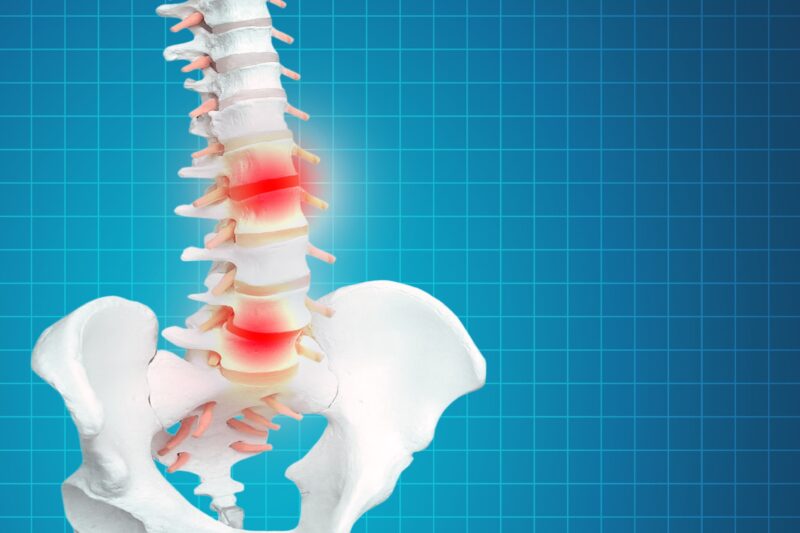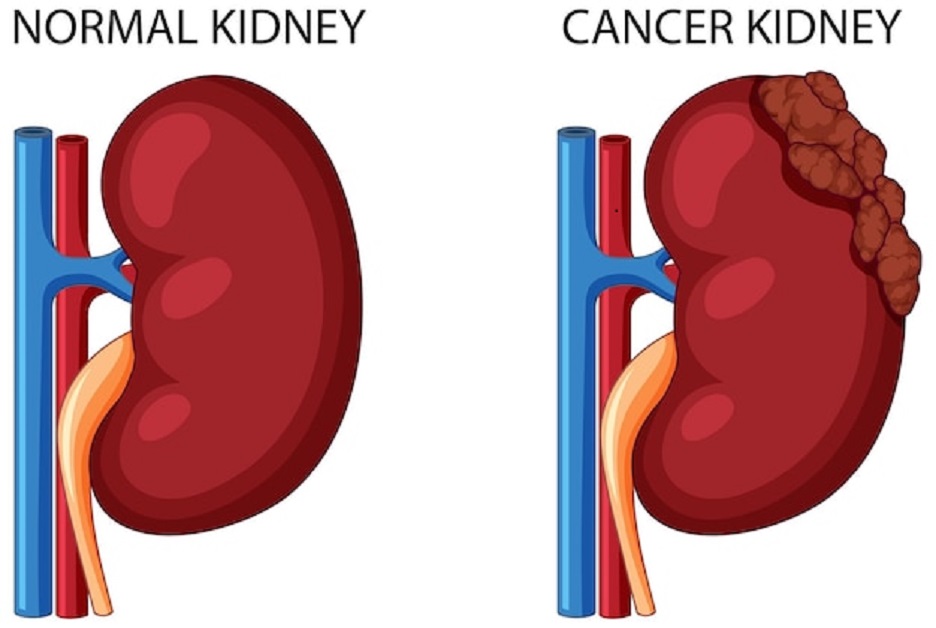Tennessee Men’s Clinic points out that proper nutrition and a balanced diet are essential for maintaining overall health. This is particularly true for men who face unique health challenges and nutritional needs. A well-rounded diet can prevent chronic diseases, boost energy levels, and promote longevity. Understanding the key components of a healthy diet and the importance of nutrition for men is thus crucial.
Key Nutrients for Men’s Health
Men require a variety of nutrients to support their physiological functions, maintain muscle mass, and reduce the risk of chronic diseases. Key nutrients listed by Tennessee Men’s Clinic include:
- Protein: Essential for muscle repair and growth. Sources include lean meats, poultry, fish, beans, and legumes.
- Healthy Fats: Necessary for brain function and hormone production. Sources include avocados, nuts, seeds, and olive oil.
- Carbohydrates: Provide energy for daily activities. Prefer whole grains, fruits, and vegetables over refined sugars.
- Fiber: Aids digestion and prevents constipation. Found in whole grains, fruits, vegetables, and legumes.
- Vitamins and Minerals: Vital for various bodily functions. Key vitamins include A, C, D, and E, while essential minerals include zinc, magnesium, and calcium.
The Role of a Balanced Diet
A balanced diet provides all the essential nutrients the body needs to function optimally. Key components include:
- Fruits and Vegetables: Rich in vitamins, minerals, and antioxidants. Aim for at least five servings per day.
- Whole Grains: Provide fiber and essential nutrients. Choose whole wheat, brown rice, quinoa, and oats.
- Lean Proteins: Support muscle health. Include sources such as chicken, turkey, fish, eggs, and plant-based proteins.
- Dairy or Alternatives: Offer calcium and vitamin D for bone health. Opt for low-fat or non-dairy alternatives fortified with these nutrients.
- Healthy Fats: Support heart health. Incorporate sources like olive oil, nuts, seeds, and fatty fish.
Benefits of a Healthy Diet
Adopting a nutritious diet can lead to numerous health benefits:
- Weight Management: Balanced nutrition helps maintain a healthy weight, reducing the risk of obesity-related diseases.
- Heart Health: A diet low in saturated fats and high in fibre can lower cholesterol levels and blood pressure.
- Improved Energy Levels: Proper nutrition ensures sustained energy throughout the day.
- Reduced Cancer Risk: Certain foods, like fruits and vegetables, contain antioxidants that may lower cancer risk.
- Better Digestive Health: High-fibre foods support a healthy digestive system.
- Stronger Immune System: Adequate vitamins and minerals boost immunity and help fight off infections.
Challenges in Men’s Nutrition
Men often face specific challenges when it comes to maintaining a healthy diet. These include:
- Busy Lifestyles: Hectic schedules can lead to poor dietary choices and reliance on fast food.
- Lack of Awareness: Many men are unaware of their nutritional needs and the importance of a balanced diet.
- Cultural and Social Factors: Societal norms and peer pressure can influence eating habits and preferences.
Tips for Improving Nutrition
Men can improve their diet by adopting the following strategies:
- Plan Meals: Preparing meals in advance can prevent unhealthy eating on the go.
- Read Labels: Understanding food labels helps make healthier choices.
- Stay Hydrated: Drink plenty of water and limit sugary drinks.
- Limit Processed Foods: Reduce intake of processed and high-sugar foods.
- Eat Mindfully: Pay attention to hunger and fullness cues to avoid overeating.
- Seek Professional Advice: Consulting a dietitian or nutritionist can provide personalized dietary recommendations.
Nutrition and diet play a crucial role in men’s health. By understanding the importance of key nutrients and adopting a balanced diet with Tennessee Men’s Clinic, men can improve their overall health, prevent chronic diseases, and enhance their quality of life. A proactive approach to nutrition is essential for long-term well-being and vitality.





